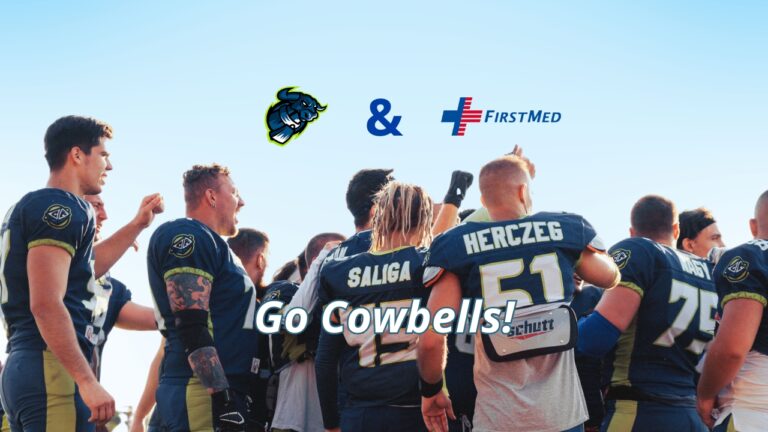Blue veins should only be found in blue cheese.
Surgeries can be corrective and preventative procedures, life-saving treatments, or simply removing something ugly. FirstMed specialists perform various abdominal and vascular surgeries, including hernias, appendectomies or colon surgeries, vein therapy, skin lesions, warts & moles, or even the removal of scars.
General surgeries
“A scar can often become painful, or it may be often irritated by contact with clothing, therefore needs to be removed,” says Dr. Ervin Bács, surgeon and vascular surgeon specialist at FirstMed. In other cases, a patient may notice that a mole is growing or changing. To minimize the risk of the mole or skin lesion becoming cancerous that should also should be removed. You can get it done at our clinic if the procedure requires only local anesthesia.
Another, both medically and aesthetically disadvantageous condition, is varicose veins. This is best treated in winter so we can show off our legs in shorts or skirts in the summertime.
Varicose vein surgeries
In healthy leg veins, valves prevent blood from rushing back into your legs when the muscles relax. However, as the valves age or become faulty, the blood can fall back down the leg, resulting in unsightly varicose veins. Vein treatment is not just about aesthetics; there are also health concerns. Varicose veins can make legs ache and tire quickly; thread veins can develop and, worse, run the risk of ulceration.
While women are more prone to varicose veins due to pregnancy and hormonal issues, all veins begin to lose their elasticity with time. Heredity, occupation, and lifestyle (e.g., weight, exercise habits, and diet) can all contribute to vein problems.
Many people, especially men, consider the early treatment to be simply cosmetic, something women do with spider veins, and they may not undergo treatment until the problem is more advanced and the only option is vascular surgery. But there’s much we can do before that point.
How to prevent varicose veins:
- Exercise. Walking is a great way to encourage blood circulation in your legs. Physical therapists can help you begin or return healthily to an active lifestyle.
- Watch your weight and diet. Excess pounds add pressure to veins. Eat a low-salt, high-fiber diet to prevent swelling resulting from water retention and constipation.
- Avoid high heels – low-heeled shoes work calf muscles more. Don’t wear tight clothes around your waist, legs, or groin.
- Elevate your legs; take several short breaks daily to elevate your legs above the level of your heart.
- Avoid long periods of sitting or standing. Try to move around at least every 30 minutes.
- Don’t sit with your legs crossed.
Sclerotherapy
Being a specialist in vascular surgery, Dr. Bács performs sclerotherapy, a preventative treatment that can stem the need for more invasive vascular surgery.
The surgeon injects medicine into the vessels, causing them to shrink and close down. After the injection, the patient has to walk around for roughly 20 minutes without pause. Then, the area should be kept dry and under compression bandaging for 48 hours.
Sclerotherapy is relatively complications-free, but patients may experience bruising, itching, and redness in the first 48 hours. Often, more than one appointment is necessary since the doctor may work on the vessels in an area about the size of an apple.
Dr. Bács notes that if patients with vein problems do not seek preventive treatment, a more complex surgery may be necessary in a few years. He adds, however, that vein surgery is not a significant lifestyle intrusion.
“We carry out the procedure in a hospital, where the patients are in and out in one day. A surgical wound will typically heal in one or two weeks,” says Bács, “but the area should be kept away from the sun for two or three months to minimize scarring.”
Call FirstMed to schedule an appointment with Dr. Ervin Bács or speak to your primary care provider for a referral.




